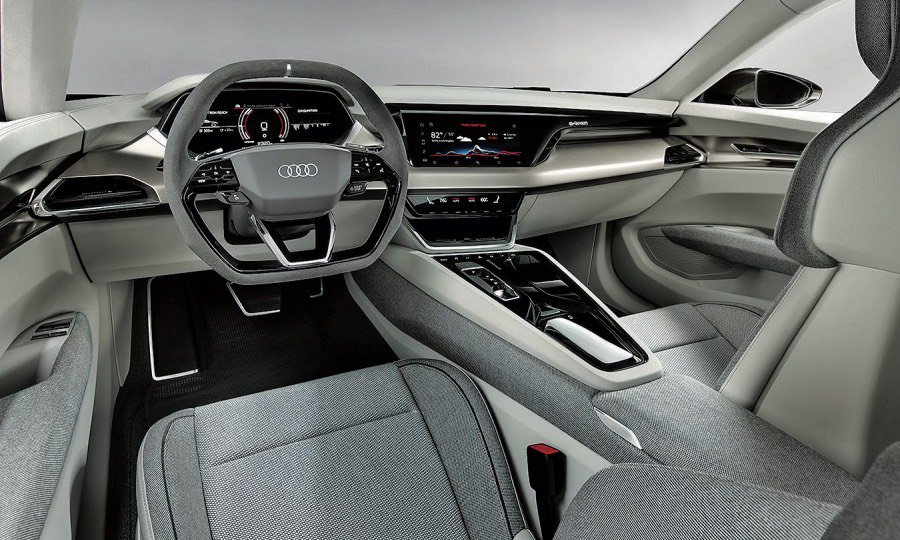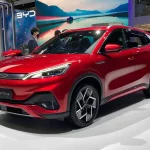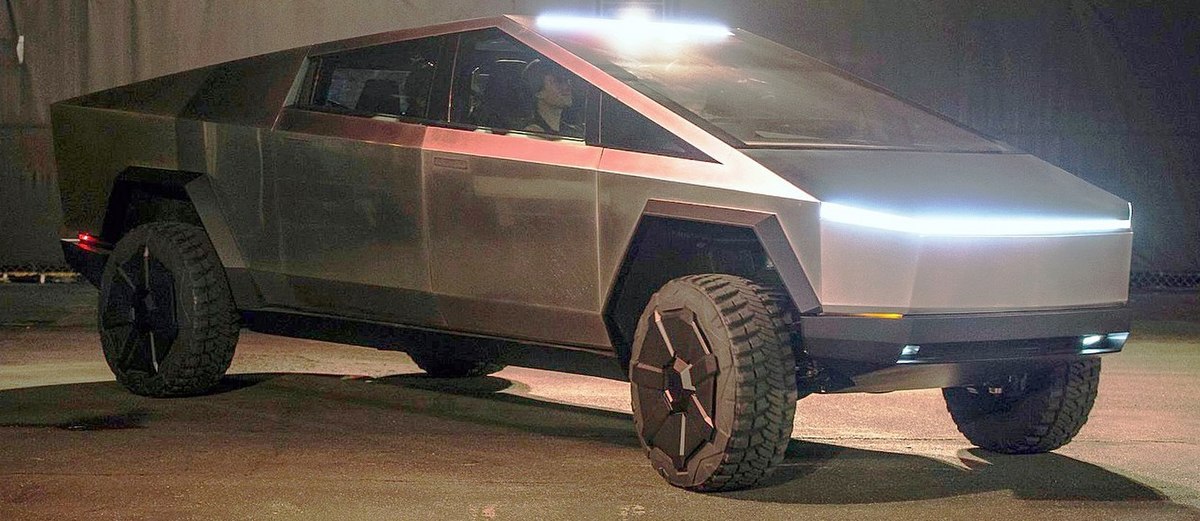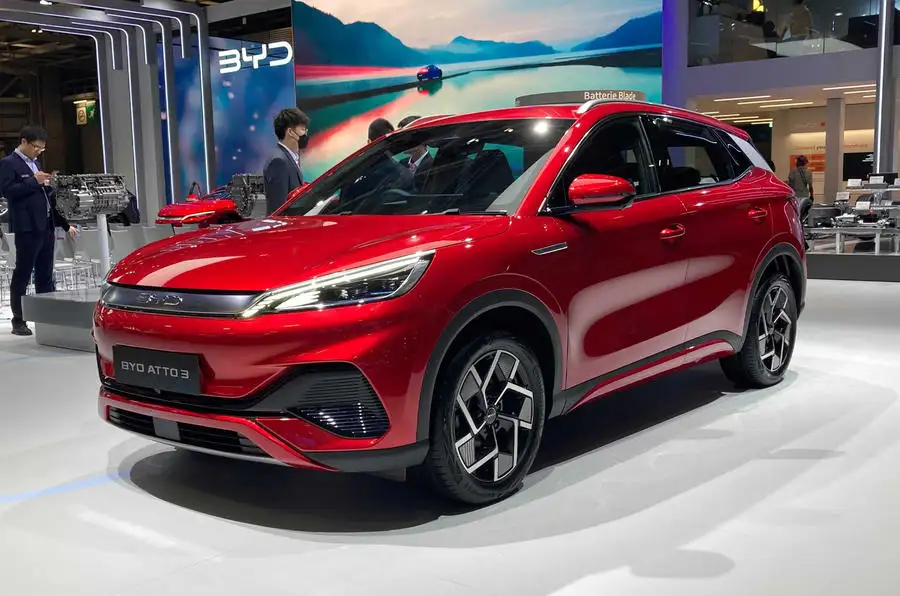The use of animal products in the manufacturing of cars has become a topic of concern in recent years, as concerns about ethicality and sustainability have grown. Organizations like Peta (People for the Ethical Treatment of Animals) have brought attention to the use of animal products in car interiors, leading manufacturers to consider alternative materials. For example, the Polestar 2 EV was announced in 2020 with an all-vegan interior that incorporated recycled materials such as cork and carpets made from fishing nets.
However, the use of the term “vegan” to describe animal-free car interiors has sparked debate. Veganism is a complex issue that goes beyond just not eating animal products and preventing cruelty. Many automobile journalist view is that animals “are not ours to use, for experimentation, food, clothing, entertainment or any other reason.” This raises the question of whether using the term “vegan” to describe car interiors is intended to meet all of these principles, or if it is simply a marketing tactic to promote a guilt-free product.
As a result, some manufacturers have shifted their focus from the full vegan philosophy to animal welfare. BMW, for example, will launch cars with fully vegan interiors this year, claiming that leather-free interiors will reduce CO2 emissions by 85%. However, it should be noted that these figures assume that the cattle are raised specifically for their hide and not for food.






